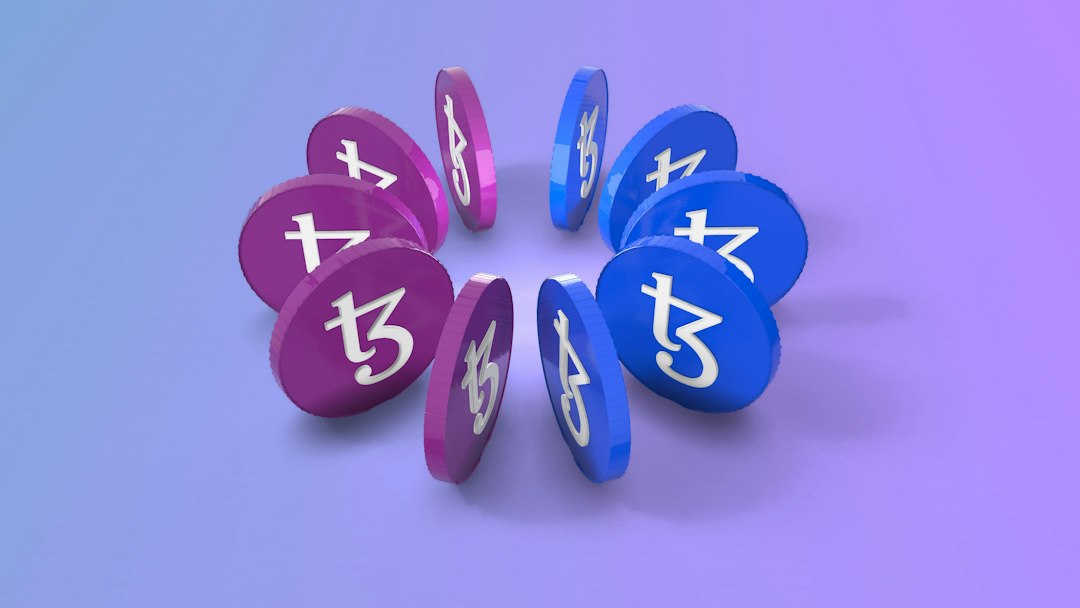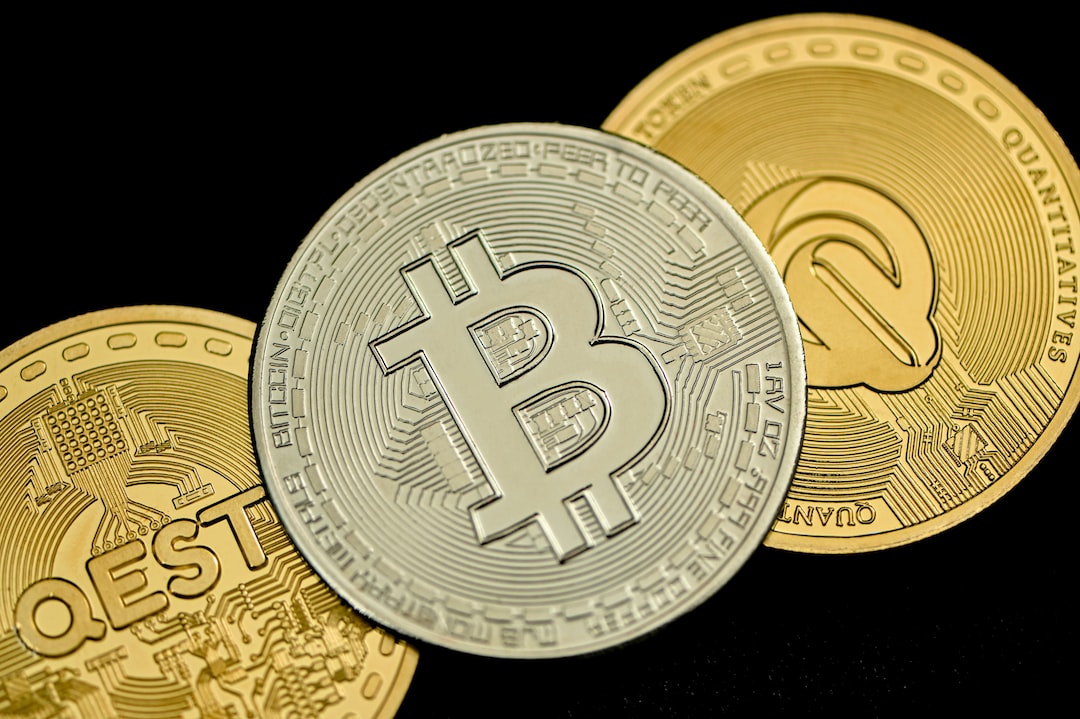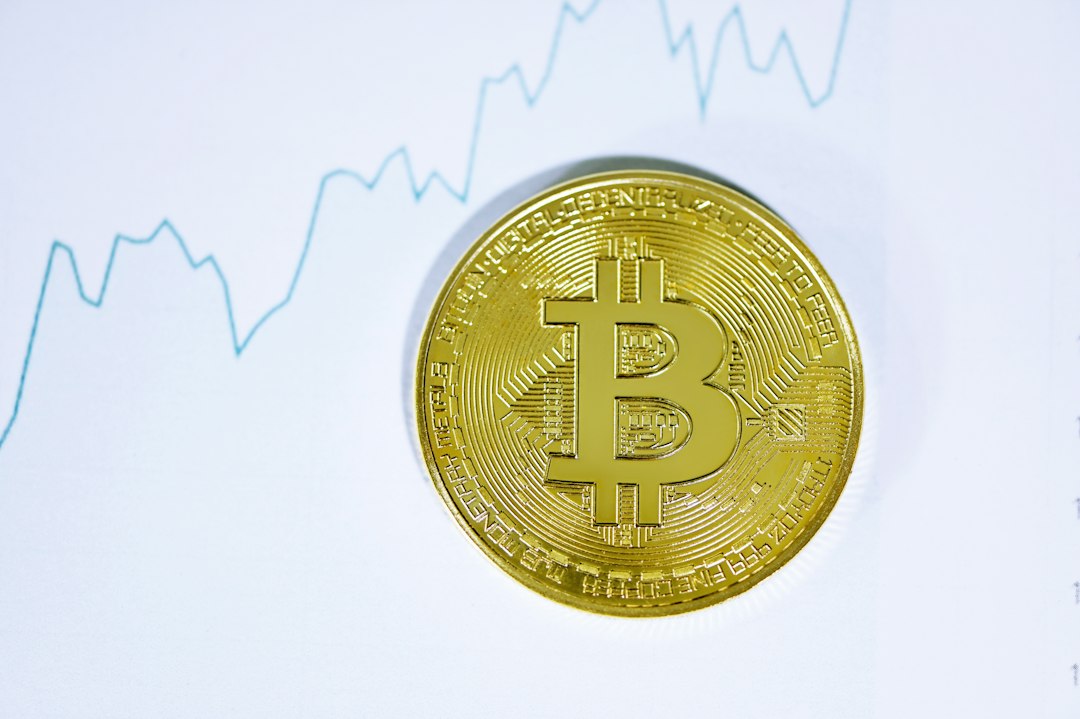Examining the Regulatory Challenges Surrounding Initial Exchange Offerings (IEOs)
So, you’ve probably heard about Initial Coin Offerings (ICOs), but have you heard about Initial Exchange Offerings (IEOs)? If you’re interested in cryptocurrencies, chances are you have. IEOs have gained popularity as a new way for blockchain projects to raise funds. However, with this new fundraising method come regulatory challenges that need to be addressed.
What are IEOs?
Let’s start with the basics. An IEO is a fundraising event that is facilitated by a cryptocurrency exchange on behalf of a blockchain project. In an IEO, the project sells its tokens directly to investors through the exchange’s platform. This means that investors can buy tokens from the exchange, rather than directly from the project.
IEOs are seen as a more secure and reliable way for investors to participate in token sales, as exchanges typically conduct due diligence on projects before hosting their IEOs. Additionally, the tokens are listed on the exchange shortly after the sale, providing liquidity for investors.
The Regulatory Challenges
While IEOs offer several advantages, they also present regulatory challenges for both exchanges and projects. One of the main concerns is that IEOs may fall under securities laws in various jurisdictions. This means that exchanges and projects may need to comply with regulations related to securities offerings, which can be complex and costly.
Another challenge is the lack of uniformity in regulatory frameworks around the world. Different countries have different laws and regulations regarding cryptocurrencies and token sales, making it difficult for exchanges and projects to navigate the legal landscape.
Regulatory Compliance
To address these challenges, exchanges and projects need to prioritize regulatory compliance when conducting IEOs. This includes conducting thorough due diligence on projects to ensure they comply with securities laws, as well as implementing Know Your Customer (KYC) and Anti-Money Laundering (AML) procedures to verify the identity of investors.
In addition, exchanges may need to obtain licenses or approvals from regulatory authorities in certain jurisdictions before hosting IEOs. Projects also need to be transparent about their operations and provide investors with accurate and timely information about their token sales.
The Future of IEO Regulation
The regulatory challenges surrounding IEOs are still evolving, and it remains to be seen how governments will approach this new fundraising method. Some regulators have already taken action against exchanges that have conducted unregistered securities offerings through IEOs, signaling that they are taking this issue seriously.
As the cryptocurrency industry continues to mature, it is likely that regulators will develop clearer guidelines for IEOs. This could involve creating specific regulations for token sales conducted through exchanges or adapting existing securities laws to accommodate this new fundraising model.
Symbols and Acronyms
- IEO: Initial Exchange Offering
- ICO: Initial Coin Offering
- KYC: Know Your Customer
- AML: Anti-Money Laundering
FAQs
Q: Are IEOs legal?
A: The legality of IEOs depends on compliance with securities laws in each jurisdiction. Exchanges and projects need to ensure they are following applicable regulations when conducting IEOs.
Q: Are IEOs safer than ICOs?
A: IEOs are often considered safer than ICOs because exchanges conduct due diligence on projects before hosting their token sales. Additionally, tokens are listed on the exchange after the sale, providing liquidity for investors.
Q: Will regulators create specific rules for IEOs?
A: It is possible that regulators will develop specific regulations for token sales conducted through exchanges or adapt existing securities laws to accommodate this new fundraising model as the cryptocurrency industry continues to mature.





 By
By
 By
By


 By
By
 By
By